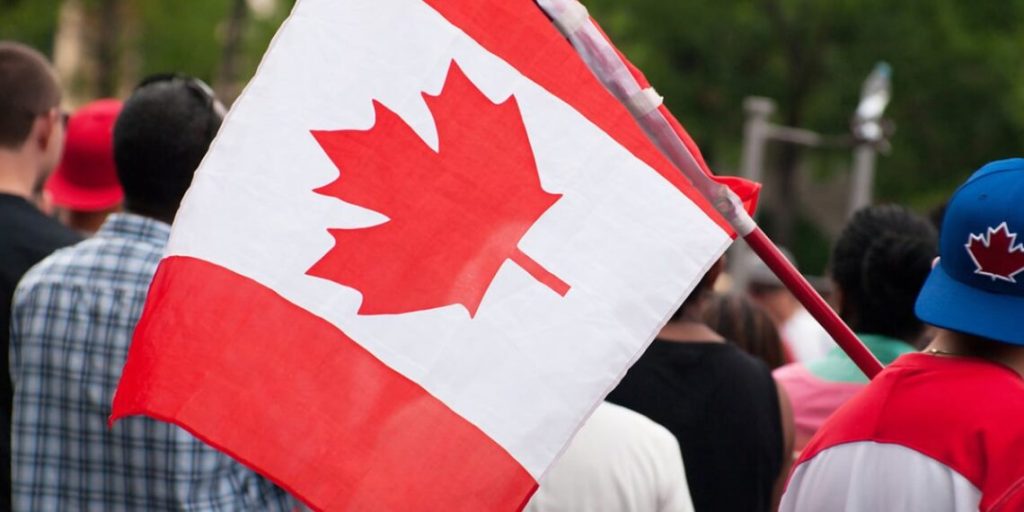
Canada Introduces New Guidelines for Post-Graduation Work Permit
The Immigration, Refugees and Citizenship Canada (IRCC) has announced changes to the Post-Graduation Work Permit (PGWP) eligibility criteria, effective November 1st. The updates aim to align the work permit process with Canada’s labor market needs.
Key Changes:
- Field of Study Requirements: PGWP eligibility now focuses on specific fields, including:
- Agriculture and Agri-Food
- Healthcare
- Science, Technology, Engineering and Mathematics (STEM)
- Trade
- Transport
These fields are classified using the Classification of Instructional Programs (CIP).
- Language Requirements:
- University degrees: Canadian Language Benchmark (CLB) 7 in English or NCLC 7 in French
- College programs/non-university programs: CLB 5 in English or NCLC 5 in French
International graduates can determine their program’s eligibility by:
- Visiting the Statistics Canada webpage for the 2021 CIP
- Searching keywords related to their program
- Accessing sub-categories relevant to their field
- Viewing detailed program information, including examples and exclusions
IRCC encourages newcomers to consult their website for a comprehensive list of PGWP-eligible programs.
Implications:
- International graduates applying for PGWP before November 1st are exempt from the new field of study requirements but must meet existing language criteria.
- The changes aim to support Canada’s economy and labor market needs.
Related News:
- Canada’s immigration agency releases updated processing times for immigration applications
- Canada issues 1,613 invitations to apply in new Express Entry draw
For more information on Canada’s immigration policies and updates, consider visiting the official IRCC website or consulting with immigration experts.
Note: The term “JAPA” is a colloquialism used in Nigerian culture, meaning “to flee” or “to escape,” often referring to the desire to leave Nigeria for better opportunities abroad, particularly in countries like Canada.


